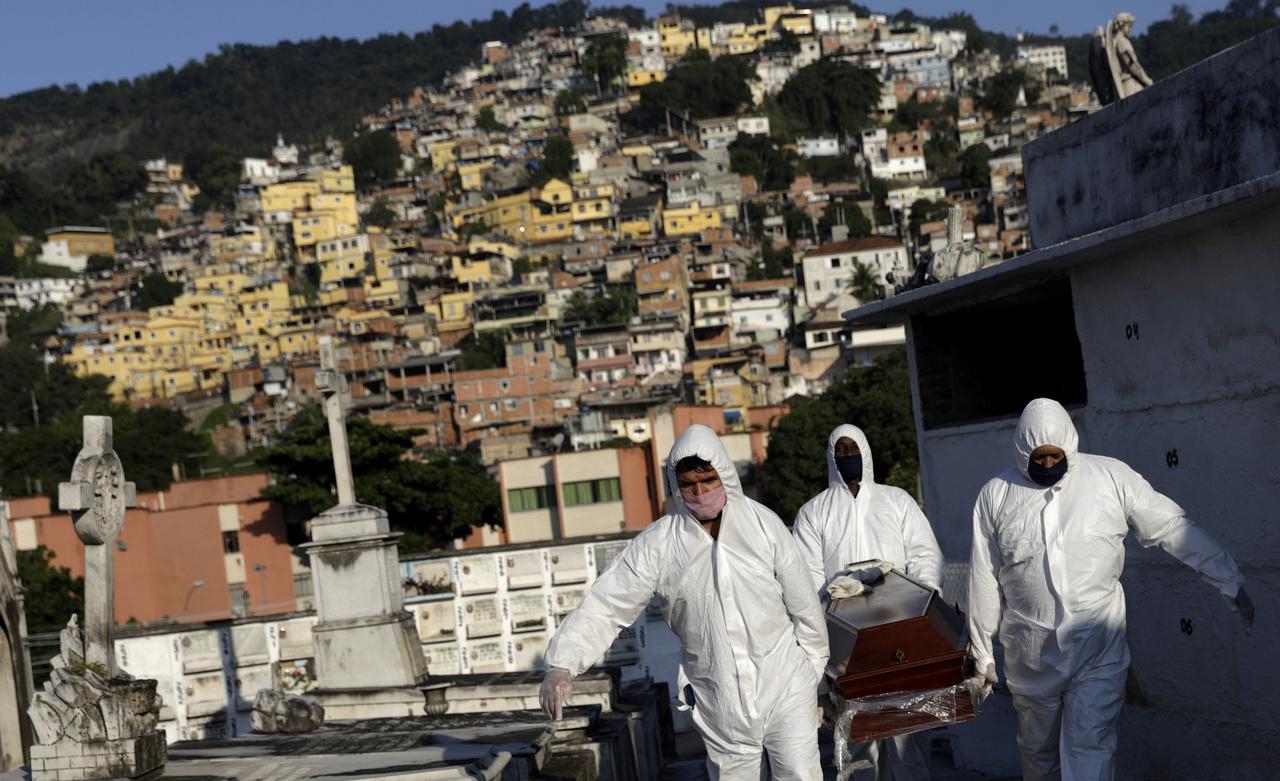Eduardo del Buey
Photo: Reuters
La Jornada Maya
Wednesday June 24, 2020
Since COVID 19 began, the World Health Organization (WHO) has failed to build a sense of trust around the world. Instead, it has sent mixed messages resulting in a loss of confidence on the part of the public.
COVID 19 is a new, unknown virus and in this type of situation, trust can be eroded by speculation and mixed messages that confuse and frustrate the public.
At the start, China hid the then epidemic for a number of weeks and allowed people to travel around the world from the epicenter in Wuhan, yet the WHO praised Chinese management of the situation, and its director general, Tedros Adhanom Ghebreyesus, visited China in early January and lauded Chinese President Xi.
According to [i]Reuters[/i] (May 15, 2020), “the WHO chief’s subsequent lavish public praise of China’s leadership for its efforts to combat the disease came even as evidence mounted that Chinese officials had silenced whistleblowers and suppressed information about the outbreak”.
WHO dithering and Chinese opacity led many national leaders to take erroneous decisions on how to handle the pandemic early in the crisis. As [i]NBC NEWS[/i] reported on June 2, 2020, Ali Mokdad, a professor at the Institute for Health Metrics and Evaluation at the University of Washington noted that it is obvious that more lives could have been saved and many deaths avoided if China and the WHO had acted faster.
The latest misstep by the WHO underscores once again the organization’s inability to formulate strong and effective messages to manage a crisis that has cost hundreds of thousands of lives and tens of billions of dollars of economic losses.
According to [i]The Washington Post[/i] edition of June 10, 2020, the WHO moved to clarify its position on whether people without symptoms are widely spreading the new coronavirus, saying much remains unknown about asymptomatic transmission. A comment by a WHO official, Maria Van Kerkhove, earlier that week — calling such asymptomatic transmissions “very rare” — touched off a furious scientific debate over the unresolved question and attracted widespread criticism of the organization.
Van Kerkhove’s mistake on a number of occasions has been to go against conventional crisis communications practice that requires that a spokesperson never speculate, only answer questions with facts, and learn to say, “I don’t know but I will find out”.
Providing inaccurate information based on speculation rather than actual fact not only embarrassed the WHO, but also called into question once again its very credibility at a time when the organization is under attack.
As Elizabeth Ntonjira, head of global corporate communications at Amref Health Africa wrote in SciDevNet on March 27th, “Separating truth from outright falsehoods can be a daunting task, especially in the era of social media, and what the World Health Organization (WHO) has termed the world’s first infodemic – “an overabundance of information” — some accurate and some not, that makes it hard for people to find trustworthy sources and reliable guidance when they need it”.
In such an environment, extreme care must be taken never to speculate and to only state verifiable facts.
Rather than clarify a delicate situation, Van Kerkhove left the organization looking as incompetent as its critics have made it out to be. And this could have been avoided with good messaging, a disciplined delivery, proper strategic communications training, and some common sense.
[b][email protected][/b]
Edition: Enrique Álvarez
Otras investigaciones han revelado que en la semana 35, los fetos comienzan a responder a la música
Efe
Las autoridades también localizaron dos cuadros de José María Carbonero
Europa Press
Consideró que las acciones de Teherán representan una amenaza para la seguridad de EU
Efe
Kanzi, un bonobo de 43 años, demostró que era capaz de entender objetos ficticios
Efe
